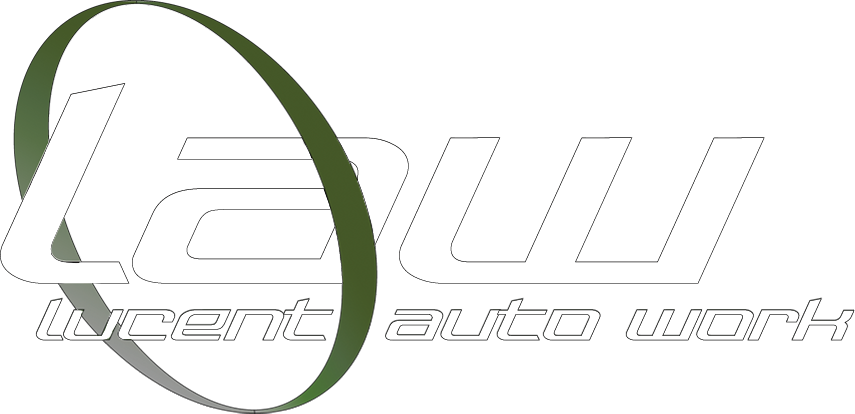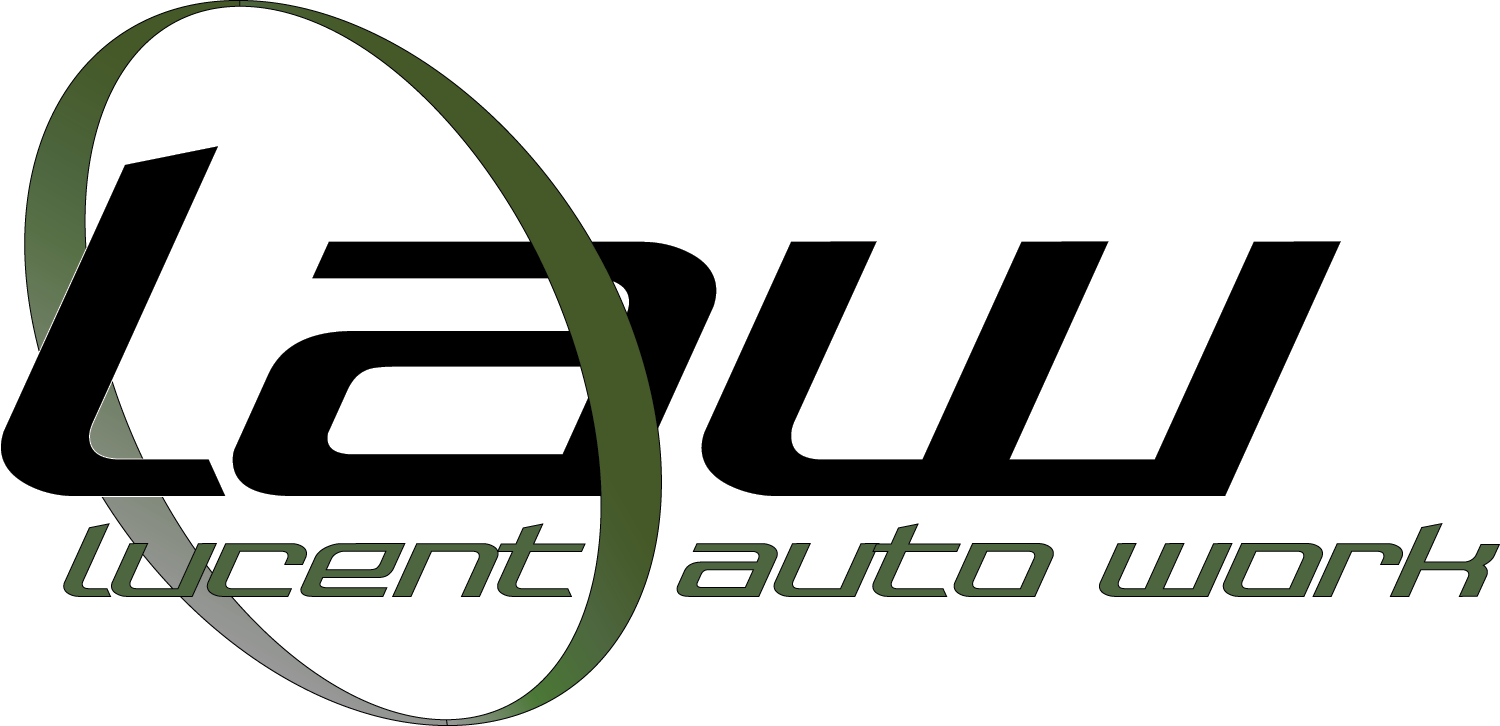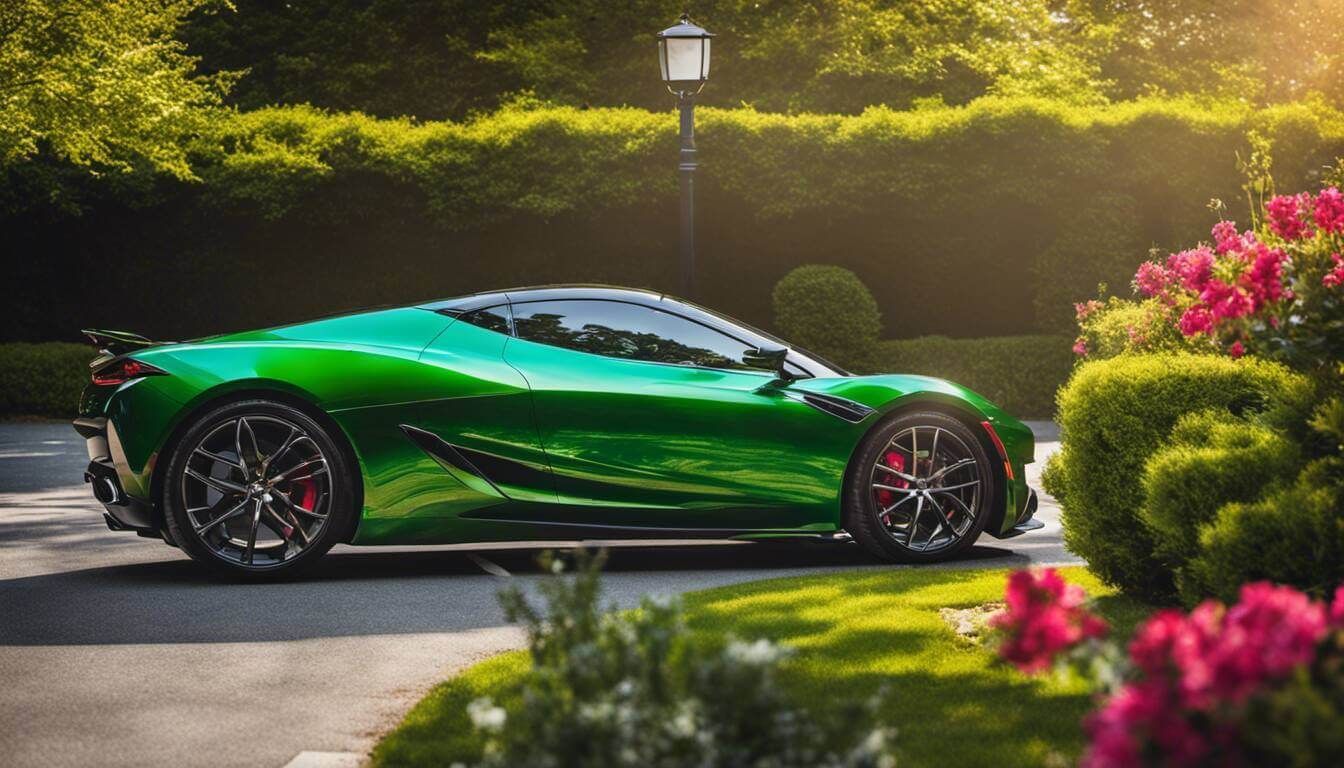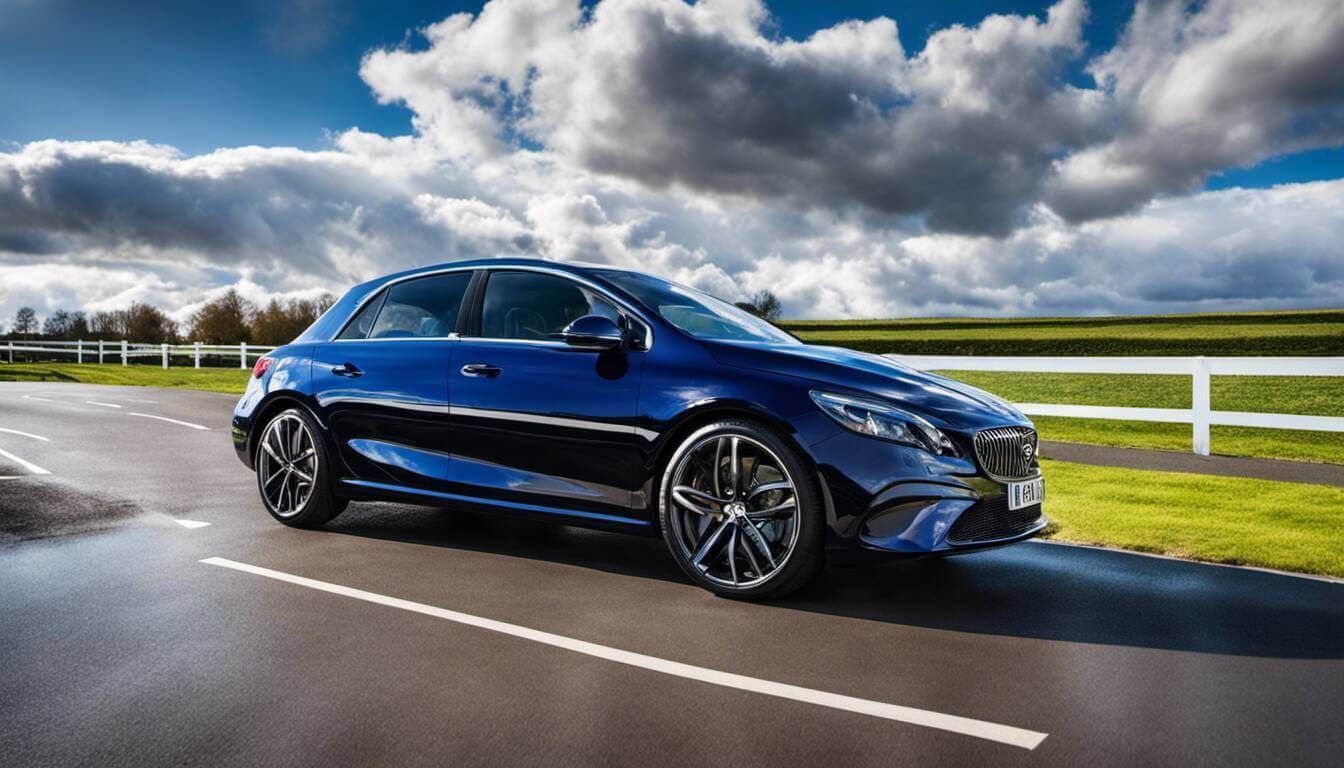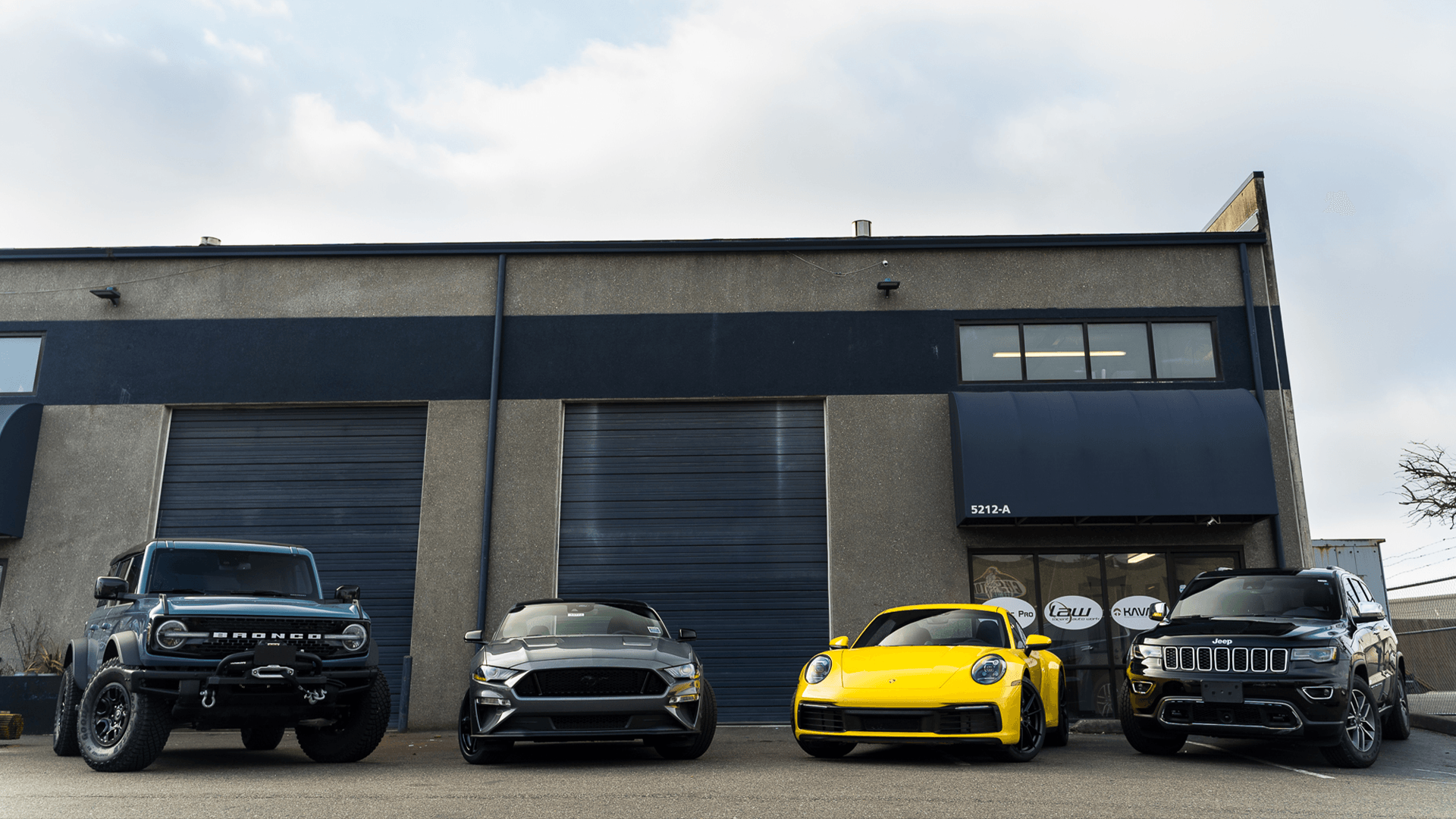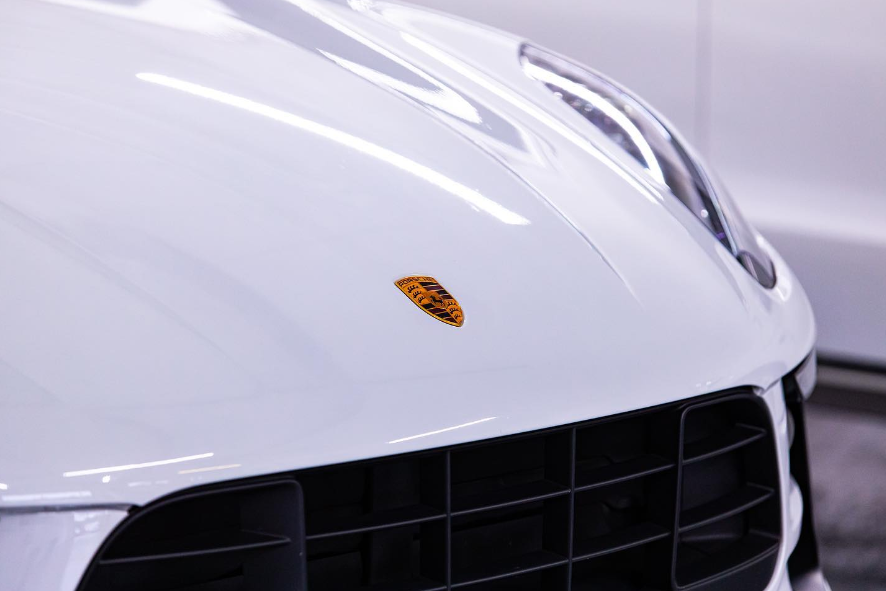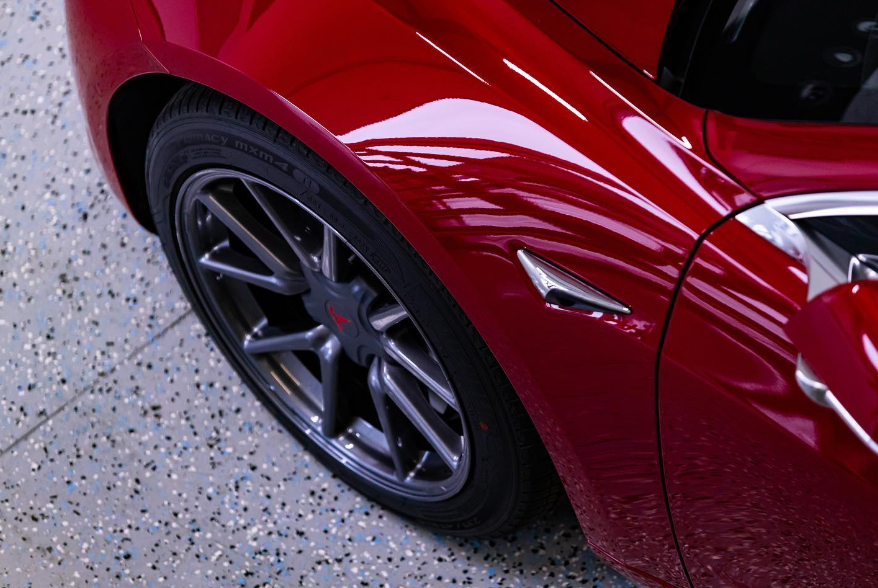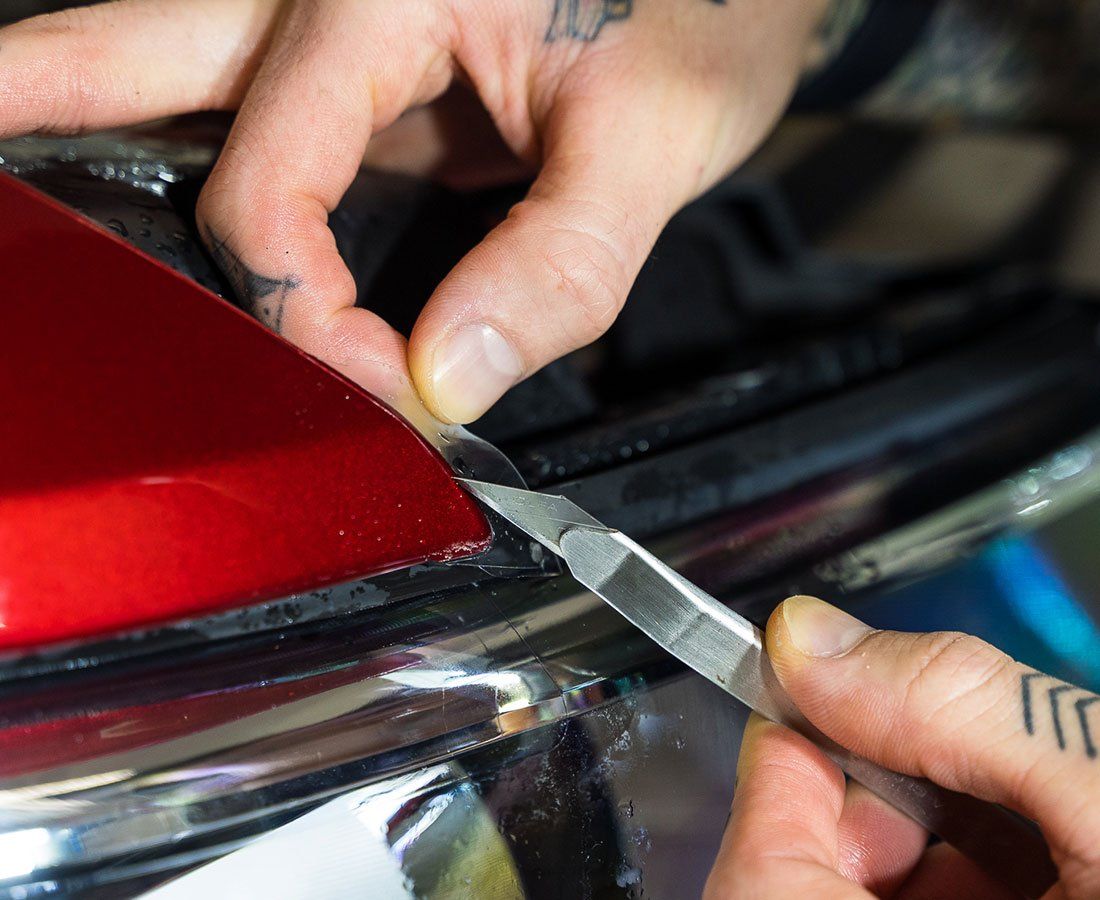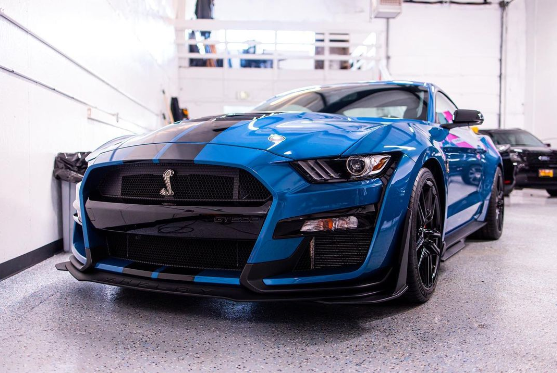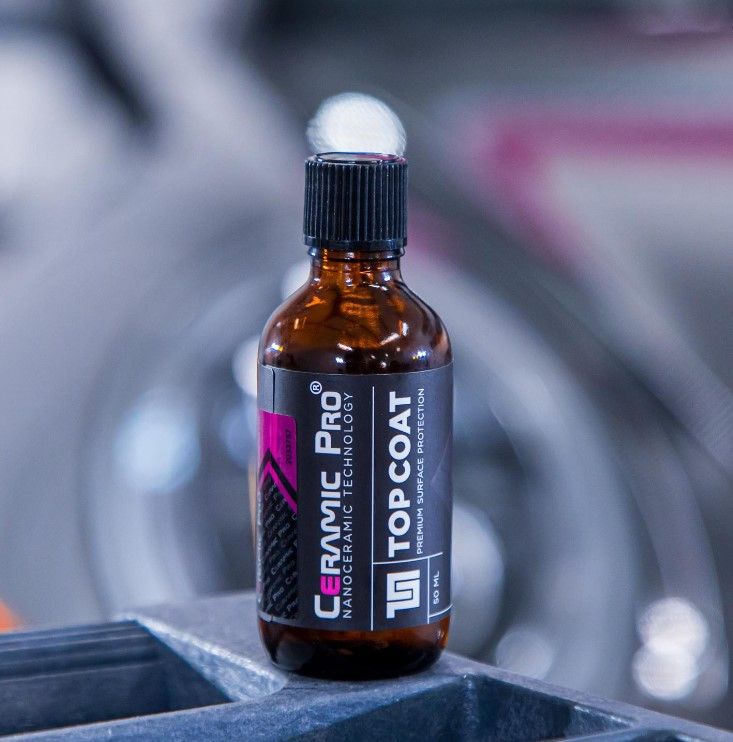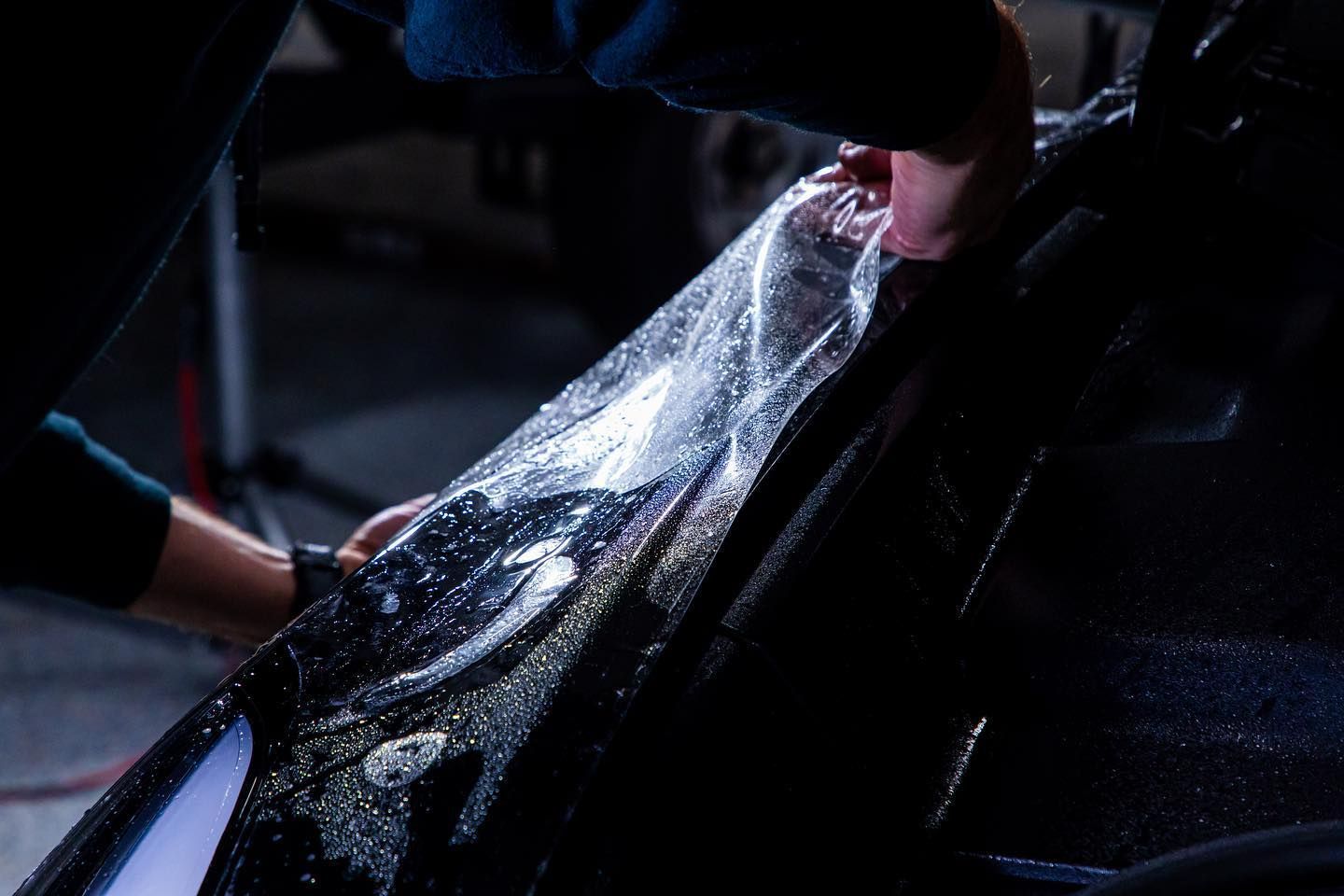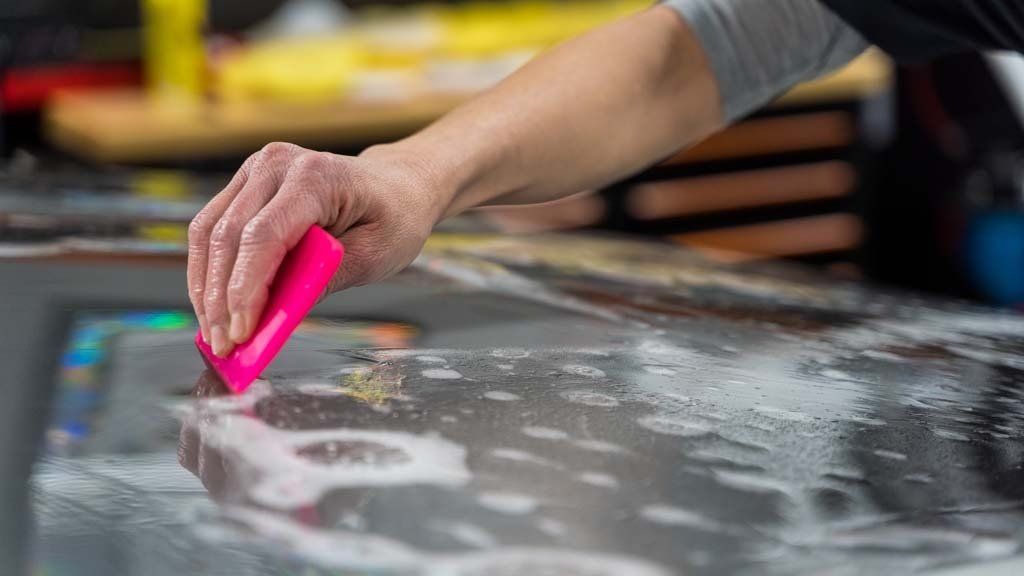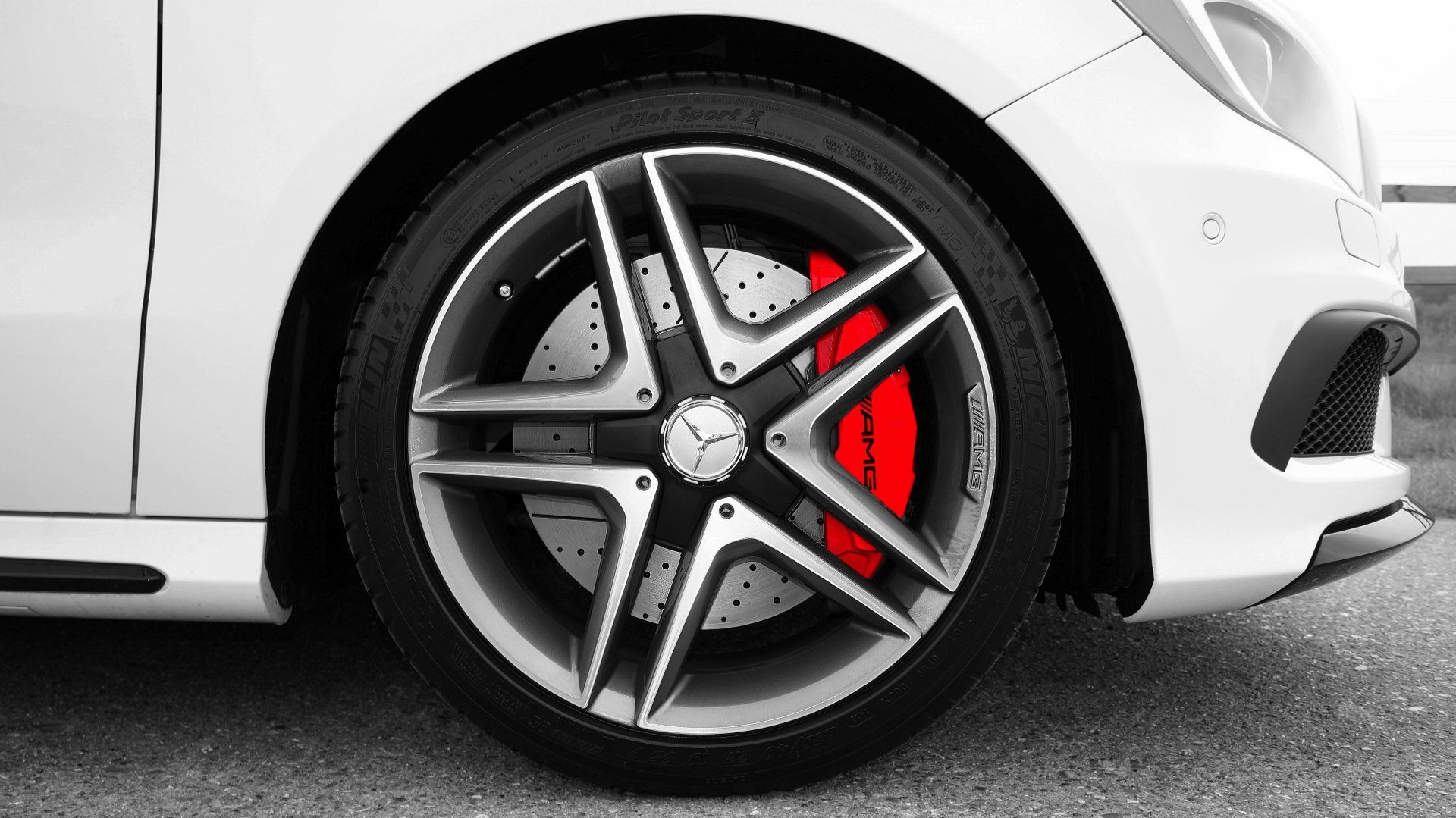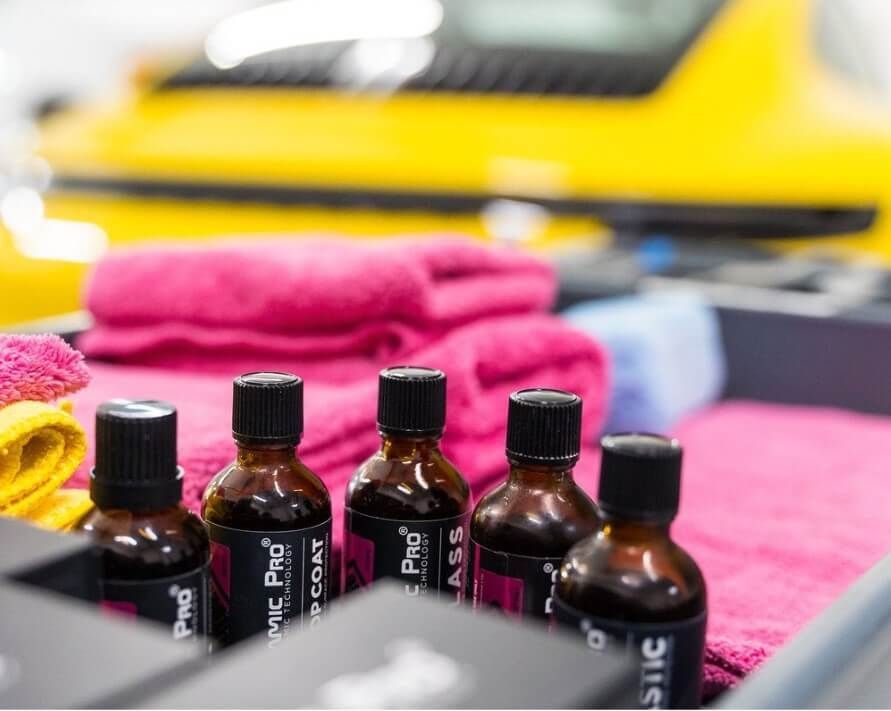Protecting your car when you don’t have a garage might seem like a daunting task, but it doesn't have to be. Many car owners worry about the effects of weather, dirt, and unexpected mishaps on their beloved vehicles. Fortunately, there are effective ways to safeguard your car’s exterior so that it remains in tip-top condition without the shelter of a garage. By investing in options like Paint Protection Film (PPF) and ceramic coating, you can defend against scratches, dents, and UV damage while keeping your car looking sharp. Let’s explore some practical tips to ensure that your vehicle stands resilient against the elements and maintains its stunning appearance for years to come.
The best ways to protect your car without a garage include applying Paint Protection Film (PPF) and ceramic coating, both of which safeguard the vehicle's paint from environmental hazards such as bird droppings, tree sap, and UV rays. Regular maintenance and touch-ups with DIY ceramic sprays can also provide additional protection and enhance the longevity of your vehicle's appearance.
Top Ways to Protect Your Car Without a Garage
Paint Protection Film (PPF)
Paint Protection Film, often abbreviated as PPF, serves as a robust shield for your car's exterior. This transparent film is expertly applied to the vehicle’s surface, functioning like a second skin. Produced by reputable brands, a high-quality PPF can guard your vehicle against scratches, chips, and other environmental hazards like road debris.
Imagine driving on a gravel road where tiny stones ricochet off your car; PPF will cushion those impacts. One user recounted how their car emerged from a surprise hailstorm unscathed after being coated with PPF, which perfectly illustrates its shielding capabilities.
Ceramic Coating
Moving on to another formidable option, we have a ceramic coating, which offers unique advantages.
Ceramic coating consists of a liquid polymer that forms an intricate bond with your car's factory paint. Once applied, this layer not only fortifies the finish but also enhances the ease of cleaning.
What makes ceramic coatings particularly compelling is their ability to repel water due to their hydrophobic properties, effectively reducing water spots that can mar your vehicle’s appearance. Additionally, they boast excellent UV protection—safeguarding the paint against sun-related fading over time.
A quick glance at different protective options reveals that while PPF offers scratch resistance, ceramic coatings shine when it comes to upkeep and longevity.
Car Covers
While films and coatings provide robust defenses, a more traditional yet effective approach involves utilizing car covers.
Investing in a high-quality car cover can be remarkably beneficial for vehicles parked outdoors. It acts as a physical barrier against bird droppings, tree sap, and harmful UV rays that can compromise your paint job over time.
As you contemplate which strategy best suits your needs—be it PPF, ceramic coating, or simple car covers—the importance of regular maintenance and smart protective measures becomes clear.
Understanding these varied options allows you to explore how each can uniquely serve your vehicle's requirements while maximizing its longevity.
Practical Tips for Car Protection
Beyond investing in protective products like PPF and ceramic coatings, there are essential yet straightforward measures that anyone can adopt to shield their vehicle effectively. One of the most pivotal practices is committing to regular washing. This doesn't just mean a casual rinse at a drive-through car wash; it's about giving your car the thorough attention it deserves. A good rule of thumb is to aim for washing your vehicle at least once a week. This frequency is vital because everyday grime—like dirt, road salt, and environmental pollutants—can erode your paintwork over time.
Think of your car as an investment; you wouldn’t let dust settle on important memorabilia, right? Treat your car similarly, keeping its exterior clean and free from harmful contaminants.
While washing is critical, what comes after is just as important—your drying technique can either preserve or damage your hard work.
Instead of allowing your car to air-dry, which can lead to unsightly water spots, employ a soft microfiber towel during drying. Not only are these towels gentle on your vehicle's surface, but they also effectively absorb moisture without scratching the paint. When I first switched to microfiber towels, I was amazed at how much better my car looked afterward—shiny and free from those annoying streaks that regular towels tend to leave behind.
Remember, just like in cooking where presentation matters, the same applies to your car's appearance after cleaning.
After you’ve washed and dried your vehicle with the utmost care, consider incorporating waxing into your routine.
Waxing every 3-4 months can be an excellent way to enhance protection while retaining that sought-after shine. Think of wax as an invisible shield for your paint—it works tirelessly against UV rays that could otherwise cause fading and deterioration over time. Additionally, by creating this barrier, waxing mitigates the impact of bird droppings and tree sap, which can leave lasting marks if not addressed promptly.
When I started waxing regularly, my friends remarked on how my car seemed to gleam with freshness compared to others parked nearby. Quite simply, wax serves dual purposes: it uplifts aesthetics and prolongs longevity.
Incorporating these practical approaches enhances vehicle defense and maintains appearance. Moving forward, there are even more tools to consider for effective automotive protection.
Using Car Covers Efficiently
Car covers can transform your vehicle's protection game, but using them efficiently involves a few critical steps to ensure you reap all the benefits. First and foremost, always begin with a clean car before covering it. This may seem simple, but dirt, dust, or small debris can become trapped beneath the cover and ultimately scratch the paint. Imagine carefully washing your car only to discover unsightly scratches later because you rushed through this initial step. Taking care of this detail preserves your investment.
Selecting the Right Protective Measures
The first step in safeguarding your car is to evaluate your environment. For instance, if you live in a region that experiences harsh weather conditions—whether it's scorching sun, heavy rainfall, or winter's icy grip—Paint Protection Film (PPF) could be a wise investment. Thanks to its remarkable durability, PPF acts as a barrier against minor impacts and scratches while also resisting chemical stains from substances like tree sap and bird droppings. Understanding these environmental factors helps you tailor the protection your vehicle needs.
Equally important are budget considerations when selecting protective measures for your car.
While PPF certainly offers outstanding protection, it's worth noting that this level of defense comes with a price—a full installation can run anywhere from $500 to $2,000, depending on the size of your vehicle and the installer you choose. Alternatively, ceramic coatings tend to be less costly yet still provide substantial benefits for maintaining your car’s shine and clarity. They offer ease of cleaning and UV resistance but may fall short when it comes to defending against physical impacts like chips or dings as effectively as PPF does. It’s essential to weigh these costs against the level of protection required for your specific situation.
Another crucial factor influencing your decision is how frequently you use your car.
If you're someone who drives daily—navigating city streets crowded with other vehicles—the combination of PPF on high-impact areas, such as the front bumper and hood, coupled with a ceramic coating over the entire surface, proves advantageous. This dual approach effectively shields your investment from environmental hazards while simplifying routine maintenance chores. Regular car washes become easier since dirt and grime slide off more readily from ceramic-coated surfaces.
In summary, selecting suitable protective measures extends beyond mere preference; it involves actively assessing wear factors and understanding cost-benefit ratios pertaining to your lifestyle. Ultimately, adopting an informed strategy will maximize both the appearance and longevity of your vehicle.
For further assistance or expert advice on optimal vehicle protection strategies tailored for those without garages, be sure to visit
Lucent Auto Work or call us at (253) 533-6776.
